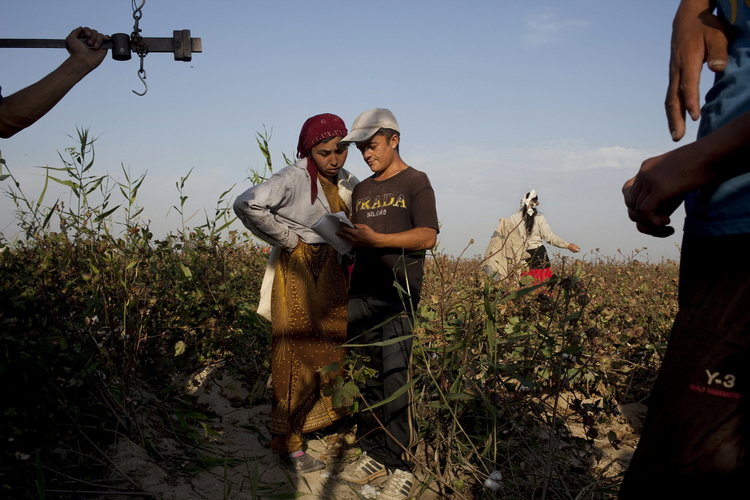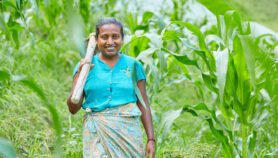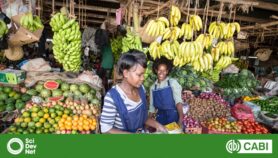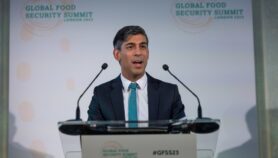By: Puneet Kollipara
Send to a friend
The details you provide on this page will not be used to send unsolicited email, and will not be sold to a 3rd party. See privacy policy.
Statistics agencies in developing countries need to find ways to convert non-standard data from farmers into comparable units to improve agricultural data sets, a paper argues.
The paper, published on 13 February, says that data collection on farming and land use in these countries can be enhanced significantly by developing accurate ways of turning measurements such as pieces, heaps, or bunches of agricultural produce into comparable units. This could greatly improve policymaking on food security, the paper, published in The Journal of Development Studies, states.
“By making some small changes to a dysfunctional system, you can get a lot of mileage out of it,” author Calogero Carletto, who manages the Living Standards Measurement Study, a household survey programme at the World Bank, tells SciDev.Net.
The researchers call for greater use of promising low-cost measurement technologies, such as the satellite-based GPS, the global positioning system. These could be used to verify self-reporting from farmers, and provide an additional information source from which to estimate harvests, they say.
For instance, when agricultural agencies question farmers on crop yields and field sizes, respondents often lack the tools to make precise measurements, and so report them using imprecise terms which are not comparable, Carletto explains.
But there are major funding and logistical barriers to reducing flaws in agricultural statistics, the paper argues. It says that the breadth of the problem, coupled with chronically low funding and capacity, could hinder long-term efforts to improve data.
Another problem, the researchers write, is that many government departments collect data without any coordination with national statistical offices. Decades of underinvestment in agriculture monitoring mean that international attempts to overhaul data gathering, such as the World Bank’s 2010 Global Strategy to Improve Agricultural and Rural Statistics, are hard to roll out, the paper says.
As a result, the researchers call for a focus on “quick wins”, where data is improved relatively quickly and easily within existing monitoring efforts. This could make it easier to tackle more ambitious future challenges, such as integrating data from government agriculture departments with that from statistical offices, they say.
Naman Keita, who was a consultant on the World Bank’s 2010 strategy, says that a holistic, comprehensive strategy should remain the ultimate goal. But he agrees on the need for quick wins.
“It’s not that we are waiting for all the conditions to be in place for making progress, but instead it’s a stepwise approach we are adopting,” says Keita.
The paper argues that better data on farming in developing countries could help develop stronger policies, raising agricultural productivity. But the quick wins alone will not address bigger problems that haunt data from developing countries, such as methodological flaws and gaps in data collection and analysis, the researchers say.
Moreover, poor quality data makes governments reluctant to use it or spend money to improve it. “It’s this vicious cycle,” Carletto says.
>Link to the paper abstract in The Journal of Development Studies
References
The Journal of Development Studies doi: 10.1080/00220388.2014.968140 (2015)














